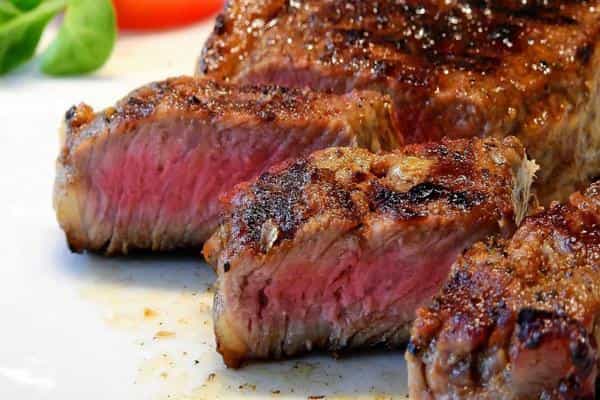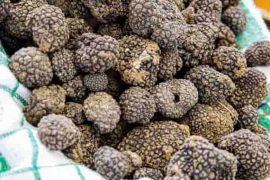More and more people are realizing the importance of food. The basis of the diet should be vegetables, as well as whole grains and low-fat dairy products. However, we still forget that the cooking method is equally important. Even the healthiest meat or fish lose valuable nutritional properties (and even toxic substances appear in them) if we heat them incorrectly. How does consuming burnt or thawed foods affect our health? Is it safe to eat raw meat and fish?
Burnt Food and Health
Fried toast, sausage, meat or even vegetables from a pan – the curse of many cooks. All you need is a moment of carelessness to make your dream food carbonized and have an unpleasant smell. How about this situation? Eat or throw away? It’s best to try not to burn food at all. The researchers found that acrylamide is produced in foods (under the influence of too long exposure to high temperatures). This is a substance that has been recognized by the International Agency for Research on Cancer as “probably carcinogenic.” It’s true that the researchers determined that you would have to eat a lot of burnt food in a short time to have a real negative effect on health, but it’s better not to risk it. Roasted meat also produces harmful polycyclic aromatic hydrocarbons (PAHs), which are also considered potentially carcinogenic. Therefore, a much healthier way of cooking is stewing, steaming or baking in the oven without adding fat. If you burn food and don’t want to throw it all away, try cutting off the charred fragments.
Is it worth eating raw meat and fish?
Tartar or sushi is still one of the most popular dishes. Unfortunately, eating raw and even raw meat (for example, a rare beef steak), fish, seafood, oysters, or eggs is extremely dangerous. First, they can contain dangerous bacteria, such as salmonella, E. coli, Listeria, or Staphylococcus aureus. They cause dangerous food poisoning, which often leads to dehydration and even hospitalization and long-term antibiotic therapy.
In turn, eating raw fish and meat (especially pork and venison) threatens to infect parasites, such as trichinosis, tapeworm and nematodes, and even responsible for protozoa, among others for toxoplasmosis. Infection with parasites for a long time may not have symptoms and in a hidden way destroy the whole body.
To minimize the risk of bacterial or parasitic infections, you should only buy products from trusted manufacturers. It is also worth freezing fish at least a few days before eating. You should also eat tartar or sushi as soon as possible after cooking.
Errors when defrosting food.
Improper thawing of food (especially meat, fish or bread) can contribute to the development of pathogens, especially bacteria, fungi and mold. They are responsible not only for food poisoning, but also increase the risk of cancer.
A common mistake is to quickly thaw meat, for example, by placing it in hot water. Then it can change the taste and texture, as well as cause abdominal pain. Raw meat and fish should not be thawed at room temperature, not to mention storage in the sun or near a heater – this contributes to the growth of bacteria. The best way is to slowly defrost in cold water or on the bottom shelf of the refrigerator. Frozen vegetables and fruits should be slightly thawed in the refrigerator, then pour warm water and drain the juice.








